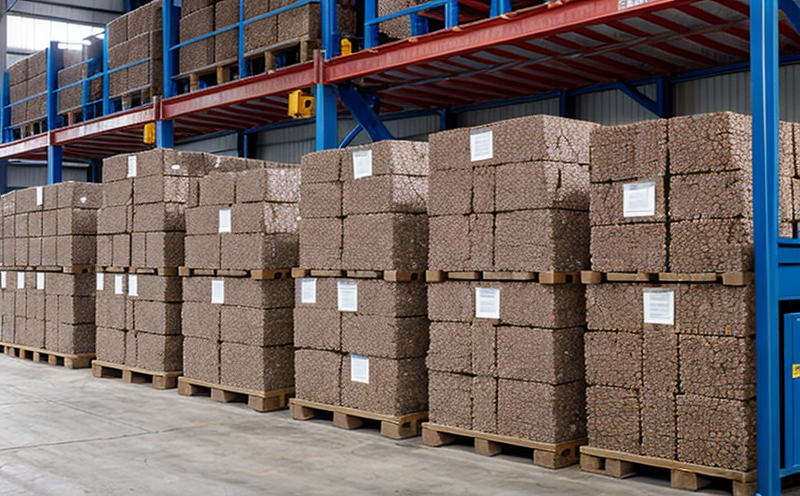Importance of yield strength in material selection
The Crucial Role of Yield Strength in Material Selection Why It Matters for Your Business
As businesses navigate the complex world of materials science, one critical factor often takes a backseat to more flashy considerations yield strength. Yet, understanding and accurately determining the yield strength of a material can be the difference between success and failure in product development, manufacturing, and engineering applications.
At Eurolab, we recognize the significance of yield strength in material selection and offer laboratory services that help businesses make informed decisions about their materials. In this article, well delve into the importance of yield strength, its advantages, and why its essential for your business to prioritize it in material selection.
What is Yield Strength?
Yield strength, also known as yield stress, is a fundamental mechanical property of materials that measures the maximum stress a material can withstand without experiencing permanent deformation. In other words, its the point at which a material begins to plastically deform under load, losing its original shape and size.
Yield strength is typically expressed in units of force per unit area (e.g., megapascals or pounds per square inch) and is an essential parameter for engineers, manufacturers, and researchers working with various materials. Accurate determination of yield strength ensures that products can withstand the stresses of real-world applications without compromising their integrity or safety.
Advantages of Using Yield Strength in Material Selection
The benefits of using yield strength in material selection are numerous and far-reaching
Improved Product Performance By selecting materials with adequate yield strength, businesses can ensure their products meet performance expectations, reducing the likelihood of failures and recalls.
Enhanced Safety Materials with high yield strength are more resistant to deformation under load, minimizing the risk of accidents and injuries associated with product malfunction.
Increased Efficiency Understanding the yield strength of a material allows manufacturers to optimize production processes, reducing waste and energy consumption while improving overall productivity.
Cost Savings By selecting materials with optimal yield strength, businesses can minimize material usage, reducing costs and minimizing environmental impact.
Better Material Selection Accurate determination of yield strength enables engineers and researchers to select the most suitable materials for their applications, avoiding costly mistakes and misallocations.
Key benefits
Accurate Stress Analysis Yield strength provides a critical input for stress analysis, enabling businesses to predict and mitigate material failures.
Material Characterization Determining yield strength helps characterize materials, facilitating the development of new products and applications.
Quality Control Regular yield strength measurements ensure consistency and quality in production processes, reducing the likelihood of defects and rework.
QA Frequently Asked Questions About Yield Strength
Here are some common questions about yield strength and its importance in material selection
Q1 What is the difference between yield strength and ultimate tensile strength?
A1 The primary distinction lies in their definitions. Ultimate tensile strength (UTS) measures the maximum stress a material can withstand before failing, whereas yield strength represents the point at which plastic deformation begins.
Q2 How do I determine the yield strength of my material?
A2 Eurolab offers laboratory services for yield strength determination using various techniques, including tension testing, compression testing, and hardness testing. Our experienced team will guide you through the process to ensure accurate results.
Q3 Why is yield strength more important than other mechanical properties?
A3 Yield strength plays a critical role in material selection due to its direct impact on product performance, safety, and efficiency. While other properties are essential, yield strength stands out for its significance in predicting material behavior under load.
Conclusion
In conclusion, the importance of yield strength in material selection cannot be overstated. By understanding and accurately determining the yield strength of a material, businesses can make informed decisions about their products, ensuring optimal performance, safety, and efficiency.
At Eurolab, our laboratory services are designed to provide accurate and reliable results, empowering you to select the best materials for your applications. Contact us today to learn more about our services and how we can help you unlock the full potential of your materials.
References
American Society for Testing and Materials (ASTM). (2022). Standard Test Methods for Tension Testing of Metallic Materials.
International Organization for Standardization (ISO). (2019). ISO 6892-12019 - Metallic materials Tensile testing Part 1 Method of test at room temperature.




